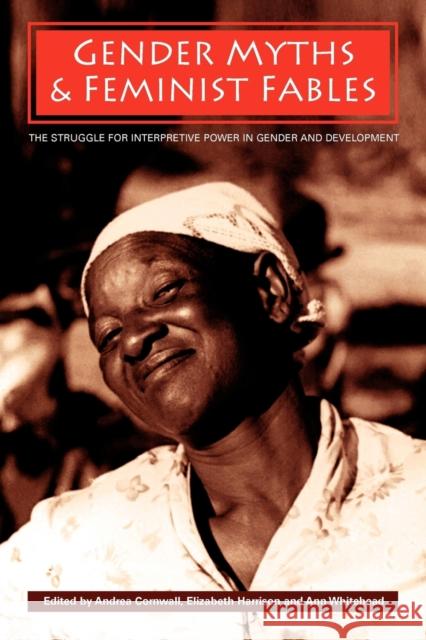Gender Myths and Feminist Fables: The Struggle for Interpretive Power in Gender and Development » książka
topmenu
Gender Myths and Feminist Fables: The Struggle for Interpretive Power in Gender and Development
ISBN-13: 9781405169370 / Angielski / Miękka / 2008 / 184 str.
This collection brings together leading feminist thinkers who examine the struggles for interpretive power which underlies international development.
- Questions why the insights from years of feminist gender and development research are so often turned into 'gender myths' and 'feminist fables' women are more likely to care for the environment; are better at working together; are less corrupt; have a seemingly infinite capacity to survive
- Explores how bowdlerized and impoverished representations of gender relations have simultaneously come to be embedded in development policy and practice
- Traces the ways in which language and images of development are related to practice and provides a nuanced account of the politics of knowledge production
- Argues that struggles for interpretive power are not only important for our own sake, but also for the implications they have for women's lives worldwide
- An informed analysis of how 'gender' has been transformed in its transfer into development policy and how many authors are now revisiting and reflecting on their earlier work











